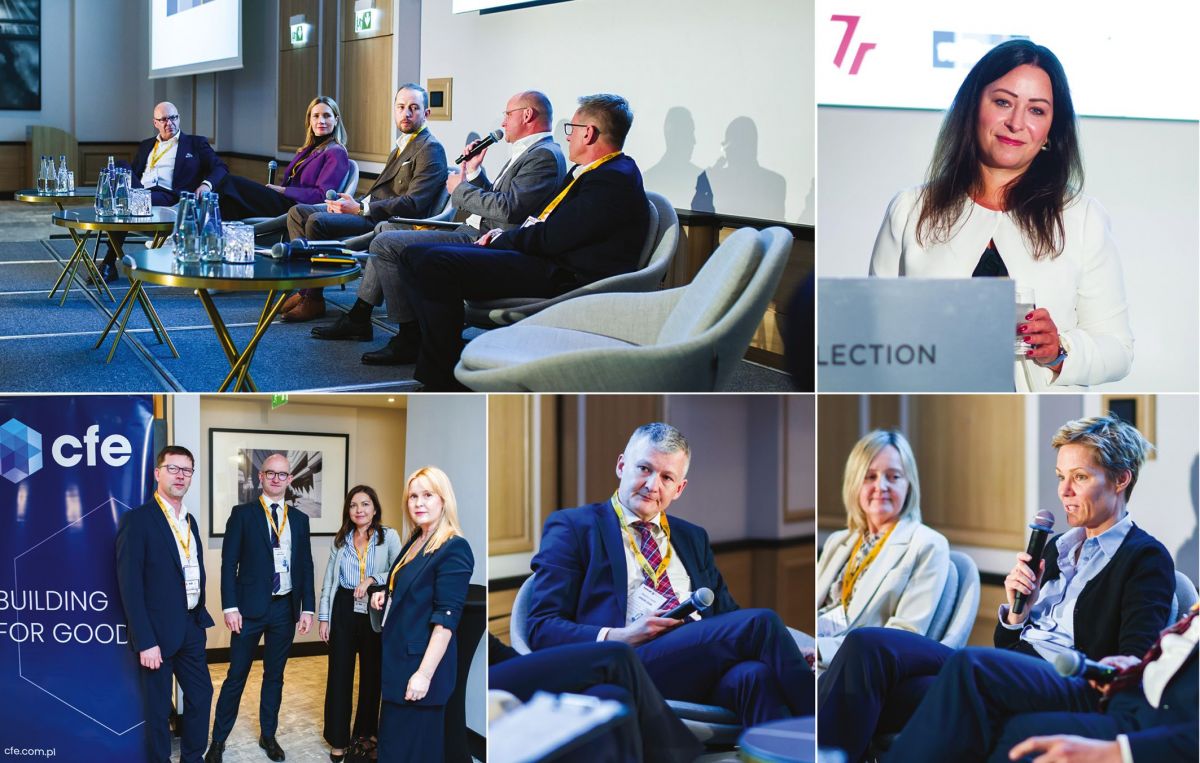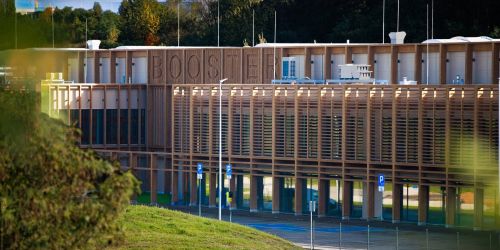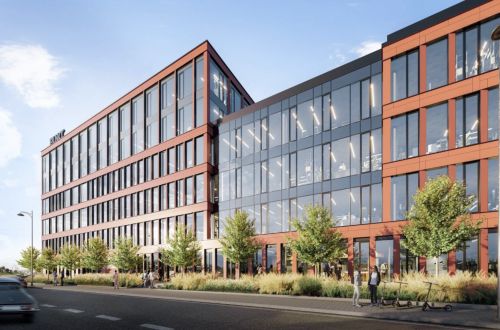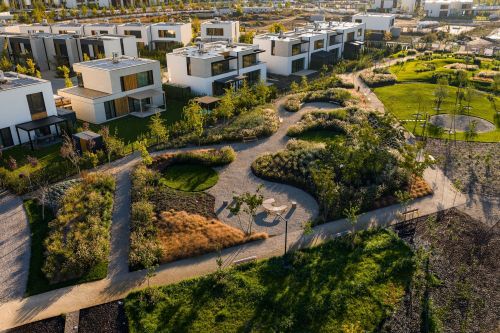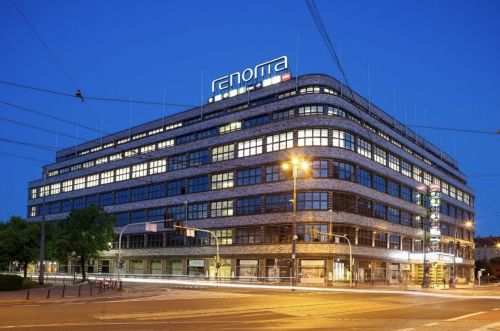[The full photo report of conference is available in our gallery]
It all started with Iryna Pylypchuk, the director of research and market information of Inrev, who delivered a very informative presentation on global real estate investment. From the picture she painted, one could deduce not only that the market is currently functioning at a slower pace, but that it’s going to stay that way for months or even years to come. One of those who disagreed was Mateusz Skubiszewski, the head of capital markets at BNP Paribas Real Estate Poland, who moderated the first panel discussion. He pointed out that there are those who feel the best time to invest is when the market is still down – and that we are coming precisely to that point. Jaroslav Kysela, the head of investment and portfolio management of Investica, expressed a belief in something he termed a ‘slow rebound’: “At Investica, we are constantly on the lookout for opportunities and we have plenty of capit
